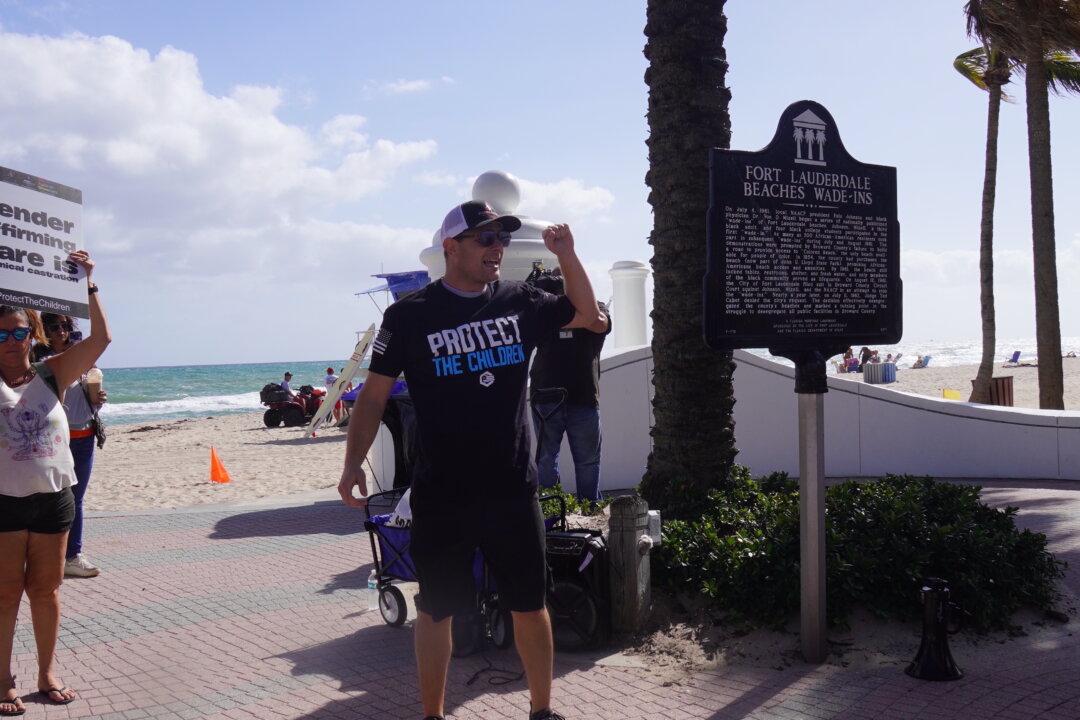SIOUX FALLS, S.D.–A ballot initiative that South Dakotans will see on their ballot on June 7 will amend the state’s constitution and is described as “rare,” as it is appearing on the primary ballot instead of the general election ballot in November.
Amendment C or the “taxpayer protection amendment,” is a Republican-sponsored bill that requires at least 60 percent of the voters to approve ballot initiatives that amend the state’s constitution, raise taxes, or involve $10 million in spending over five years.




